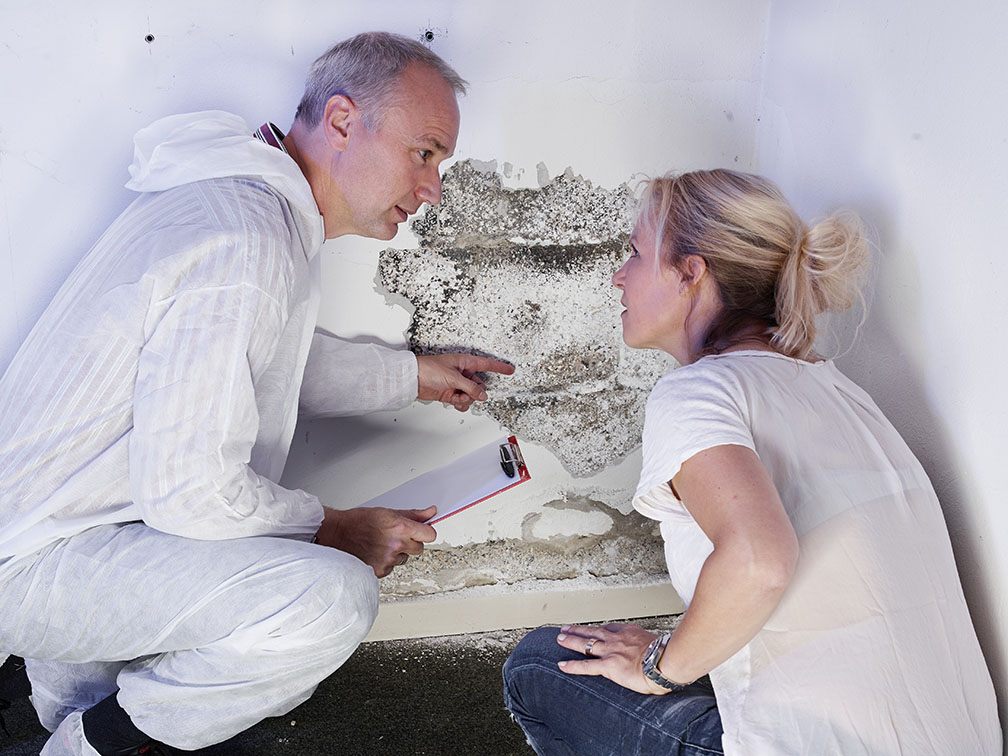 Are you thinking about buying a house, apartment or condo? In many markets across the country, there’s never been a better time than now to become a homeowner. In this post, we’ll share a few reasons why the conditions are right to jump into the market and buy a new home.
Are you thinking about buying a house, apartment or condo? In many markets across the country, there’s never been a better time than now to become a homeowner. In this post, we’ll share a few reasons why the conditions are right to jump into the market and buy a new home.
Interest Rates Are Heading Up
If you’re like most home buyers, you’re probably looking to make use of mortgage financing to help spread out the purchase cost over a longer period of time. If so, you’ll want to make a move in 2017 so you can lock in a low interest rate. The Federal Reserve has indicated that interest rates are going to continue to rise over the next year or two. If that prediction holds true, mortgage costs will continue to grow along with rates. Buying in 2017 means that you’ll be able to secure a lower mortgage rate which in turn will save you money.
It’s A Buyer’s Market In Most Areas
Depending on the community that you’re looking to buy in, you may find that it’s a bit of a buyer’s market. There are a number of individuals looking to sell their homes to lock in the price appreciation that’s taken place during the recovery since the 2008 financial crisis. More listings on the market mean that sellers will be open to negotiation as they won’t want their home sale to take weeks or months. If you’re pre-approved for your mortgage financing and are serious about buying, you may be able to convince a seller to take a lower offer than they normally would.
You’ll Start Building Real Net Worth
Of course, one of the best parts of buying a home is that it’s a significant financial investment. Properly maintained, your home should continue to increase in value over time. As you continue to invest in upgrades and renovations, you’ll build more and more equity that can be used as leverage for additional credit or just pocketed when you eventually decide to sell. Even though every market has its ups and downs, owning real estate is a far greater path to prosperity than renting.
When you’re ready to get into the market and find your dream home, we’re here to help. Contact us today and we’ll be happy to introduce you to some beautiful new homes that suit your tastes and budget.
 Many people, whether they are new to the market or have purchased a home before, consider investing in a home without the help of an agent. While there are benefits involved with going it alone, there are also a number of drawbacks that can significantly impact the success of your home purchase. If you’re wondering about the difficulties involved in going “agent-less”, consider the following points.
Many people, whether they are new to the market or have purchased a home before, consider investing in a home without the help of an agent. While there are benefits involved with going it alone, there are also a number of drawbacks that can significantly impact the success of your home purchase. If you’re wondering about the difficulties involved in going “agent-less”, consider the following points. There are so many small details involved in the final purchase of a home that it can be easy to lose track of the things that need to be done. While you won’t be able to forget about a home inspection, a pest inspection can be every bit as important before you sign on the dotted line. If you’re wondering why you shouldn’t forego this important step, consider the following information.
There are so many small details involved in the final purchase of a home that it can be easy to lose track of the things that need to be done. While you won’t be able to forget about a home inspection, a pest inspection can be every bit as important before you sign on the dotted line. If you’re wondering why you shouldn’t forego this important step, consider the following information. Outside of the significant financial responsibility of delving into home ownership, there can also be a lot of other risks involved that you may not have thought about before investing in a home. You’ll need to protect your home against theft or burglary, and homeowner’s insurance to protect your home and belongings. But there are other less common occurrences you may not have thought about. If you happen to be living in an area that’s at high risk of fire, here are some things to consider beforehand.
Outside of the significant financial responsibility of delving into home ownership, there can also be a lot of other risks involved that you may not have thought about before investing in a home. You’ll need to protect your home against theft or burglary, and homeowner’s insurance to protect your home and belongings. But there are other less common occurrences you may not have thought about. If you happen to be living in an area that’s at high risk of fire, here are some things to consider beforehand. The terminology involved in the real estate market can be vexing for the newcomer, but if you’re getting prepared to buy a home, there are a few choice words you should take some time to learn. While it’s hard to learn the ins and outs in one article, here’s a place to begin with five terms you may be hearing a lot of in the future.
The terminology involved in the real estate market can be vexing for the newcomer, but if you’re getting prepared to buy a home, there are a few choice words you should take some time to learn. While it’s hard to learn the ins and outs in one article, here’s a place to begin with five terms you may be hearing a lot of in the future. An open house is a good opportunity to get out and about to see what kind of home you’re looking for and if it will work for you. Fortunately, they can also be a good opportunity to find out some things about the house you’re looking at that might not be listed on the website and may be less than flattering. If you’re wondering what red flags to watch out for, pay attention to the following things the next time you’re at a showing.
An open house is a good opportunity to get out and about to see what kind of home you’re looking for and if it will work for you. Fortunately, they can also be a good opportunity to find out some things about the house you’re looking at that might not be listed on the website and may be less than flattering. If you’re wondering what red flags to watch out for, pay attention to the following things the next time you’re at a showing. For many homeowners who are selling in today’s real estate market, pinching every penny can be important. They may be considering opting out of using a real estate agent and going with the DIY approach. However, there are many things an agent can do for you in a hot market that is worth the money. If you’re wondering how a real estate agent can help you, here are some things to consider.
For many homeowners who are selling in today’s real estate market, pinching every penny can be important. They may be considering opting out of using a real estate agent and going with the DIY approach. However, there are many things an agent can do for you in a hot market that is worth the money. If you’re wondering how a real estate agent can help you, here are some things to consider. It can be a stressful experience to put your home on the market and wait for offers in the hope that you’ve priced it right. However, for those who are considering selling to family members, the sale of a home can be fraught with just as much stress before and after sealing the deal. If you’re wondering if it’s a good idea to sell to a family member, here are some things to consider beforehand.
It can be a stressful experience to put your home on the market and wait for offers in the hope that you’ve priced it right. However, for those who are considering selling to family members, the sale of a home can be fraught with just as much stress before and after sealing the deal. If you’re wondering if it’s a good idea to sell to a family member, here are some things to consider beforehand. When investing in a home, one of the most important things is buying a place that you and your family can feel comfortable in. However, while a place you can envision yourself in is important, it’s not worth neglecting the neighborhood you’ll be moving into for the perfect home. If you’re wondering what you should be looking for in the neighborhood you choose, here are a few things to consider before making an offer on a home.
When investing in a home, one of the most important things is buying a place that you and your family can feel comfortable in. However, while a place you can envision yourself in is important, it’s not worth neglecting the neighborhood you’ll be moving into for the perfect home. If you’re wondering what you should be looking for in the neighborhood you choose, here are a few things to consider before making an offer on a home. With the popularity of living in high style, many people are considering life along the golf course as a way to get in the game and dwell in a picturesque place. While there are many benefits to this kind of living, there are also a number of drawbacks to consider before investing. If you’re wondering whether or not a home on the green is a possibility for you, here are some things you’ll want to consider before making the big purchase.
With the popularity of living in high style, many people are considering life along the golf course as a way to get in the game and dwell in a picturesque place. While there are many benefits to this kind of living, there are also a number of drawbacks to consider before investing. If you’re wondering whether or not a home on the green is a possibility for you, here are some things you’ll want to consider before making the big purchase.